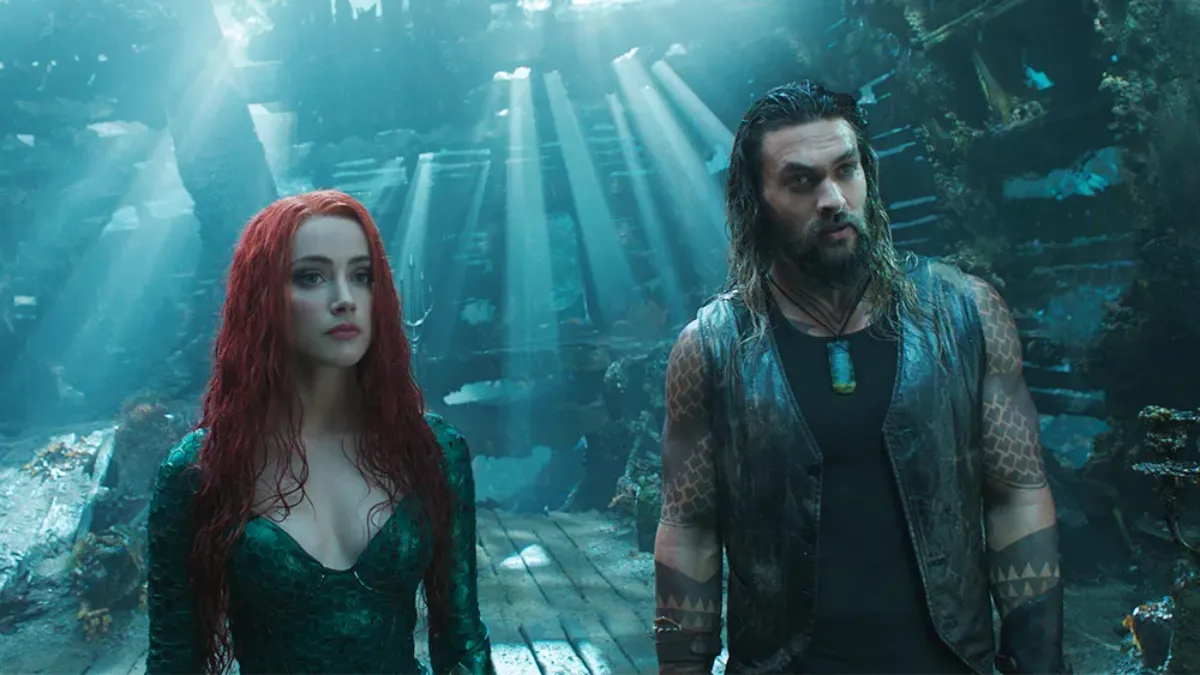After various delays due to the pandemic and other factors, the eagerly awaited “Aquaman and the Lost Kingdom” finally arrives in theaters. This sequel unfolds a few years after the events of the first film, where Arthur Curry, also known as Aquaman, finds himself having to join forces with his estranged brother Orm to confront their mutual adversary, Black Manta. Black Manta returns with the malevolent intent of destroying everything that holds significance to Arthur, using the formidable power of the cursed Black Trident.
Labeled as Aquaman’s final epic journey within the DC Extended Universe (DCEU), this sequel movie closes the chapter on this storyline. With recent developments in the DC Universe following The Flash’s timeline reset, fans are curious about the next steps for the franchise.
In terms of what’s considered part of the DC Universe continuity, James Gunn, the visionary behind the upcoming Creature Commandos, clarified that everything preceding this new project won’t be acknowledged in this fresh DC Universe. Notably, any links to Batman were removed, signifying a deliberate move to sever connections with prior narratives. Moreover, reports suggest that actors from Zack Snyder’s DCEU won’t reprise their roles in this new phase, including Jason Momoa as Aquaman. This indicates a complete reboot for iconic characters, like the Justice League, and marks the conclusion of Momoa’s involvement in this particular franchise.
Despite this closure, Jason Momoa might still have ties to the DC realm, as there were discussions about him portraying Lobo, an alien bounty hunter, in Gunn’s cinematic universe. While Aquaman’s future appearances remain uncertain in this new timeline, the success of the first film raised questions about the necessity of an Aquaman-centered project without Momoa’s involvement.
Looking ahead, DC has an array of significant projects in the pipeline for its revised universe, ranging from Superman: Legacy and The Authority to Joker: Folie à Deux and The Penguin. These projects, set in distinct universes, won’t influence the primary DC timeline upon their release in 2024.
In summary, the DC Universe is embarking on a new chapter, distancing itself from a connected storyline and offering diverse standalone narratives. This shift aims to diversify the superhero genre and introduce unique storytelling styles, as witnessed in the distinctive worlds crafted by Reeves and Phillips in their respective “Elseworlds” projects.


